Top 3D Expo 2019 Topics: “Anisprinting - a new generation composite construction technology”, Fedor Antonov
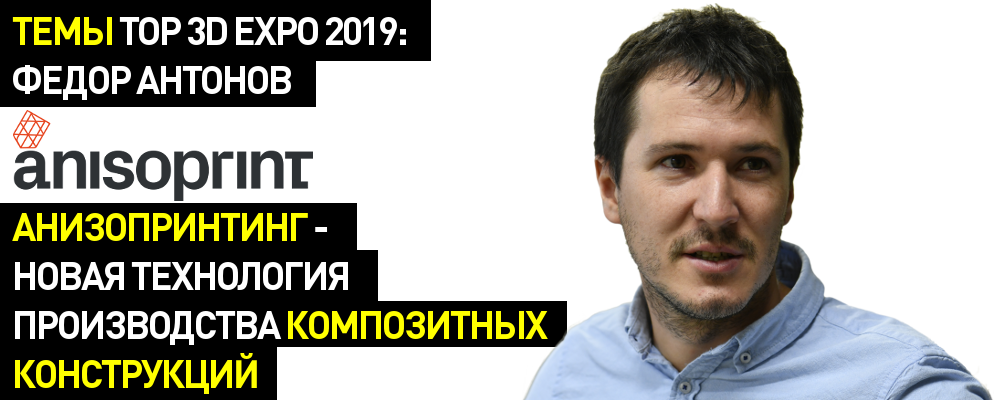
On the eve of the upcoming exhibition and conference Top 3D Expo , which will be held on April 19 in Technopolis Moscow, we are talking about the conference participants.
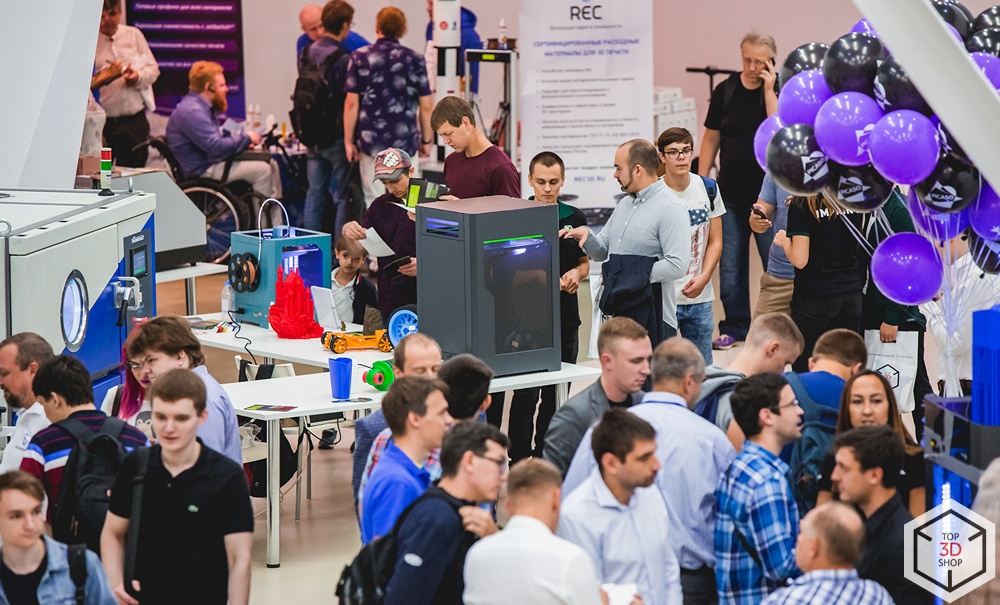
')
From the company Anisoprint will make its CEO Fedor Antonov.
Anisoprint has created a new technology for 3D printing with composites - anisoprinting, develops and manufactures equipment and materials for it, and participates in projects where it is in demand. Read more below.
Fedor Antonov
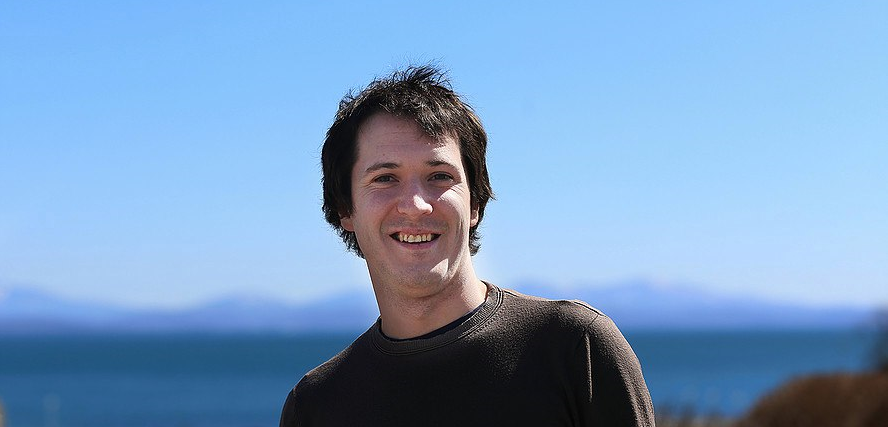
Fedor Antonov - one of the creators of the new technology of 3D printing with composite fibers anisoprinting. Born in Moscow in 1985, graduated from Moscow State University, in 2010 he defended his thesis. In 2015, he founded the company Anisoprint together with his colleagues from Skoltech.
3D technology developments:
- Technology and equipment for 3D printing of composites reinforced with continuous fibers, read its importance and advantages;
- Material - a reinforcing thread for 3D printing, an integral part of the technology;
- ON - Aura slicer for printing parts with continuous reinforcing fiber, a unique slicer to work on this technology.

Topic
Fyodor Antonov's speech:
"Anisoprinting - production technology of composite structures of a new generation"
In his speech, the speaker will talk about the development and application of anisoprinting - a method of printing composite products with the addition of continuous fibers.
The technology allows you to print parts 2-3 times lighter than metal, while maintaining the same strength and reducing the cost up to 10 times.
This will reduce the cost of production and improve the properties of products in areas such as the creation of engineering structures, the automotive industry, the aerospace industry, the production of sports goods and much more.
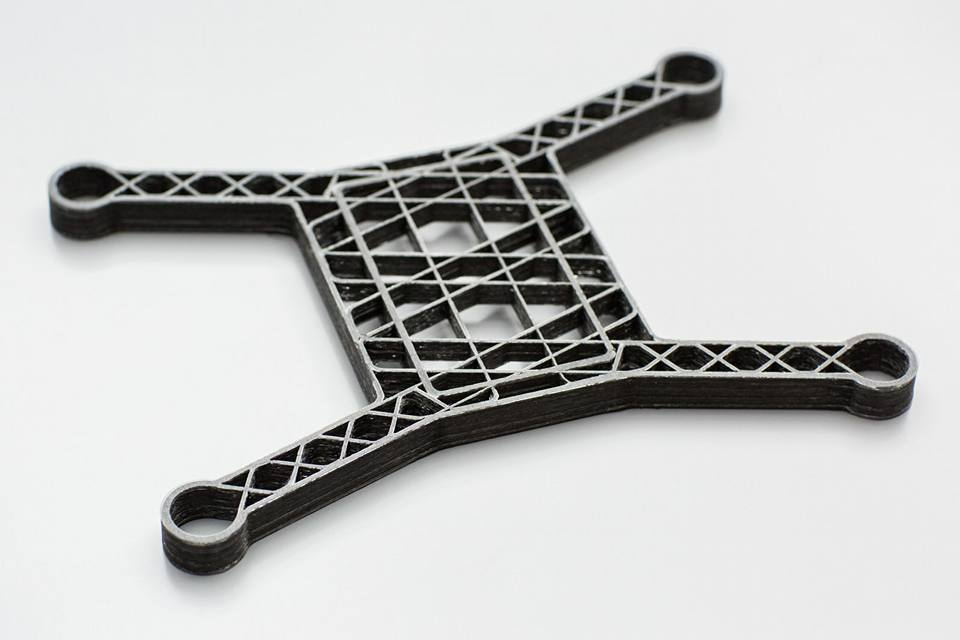
About the organization

Anisoprint was founded in 2015 by a team of engineers from the Skolkovo Institute of Science and Technology. The organization was purposefully created in order to develop a new technology for 3D printing with composites - anisoprinting.
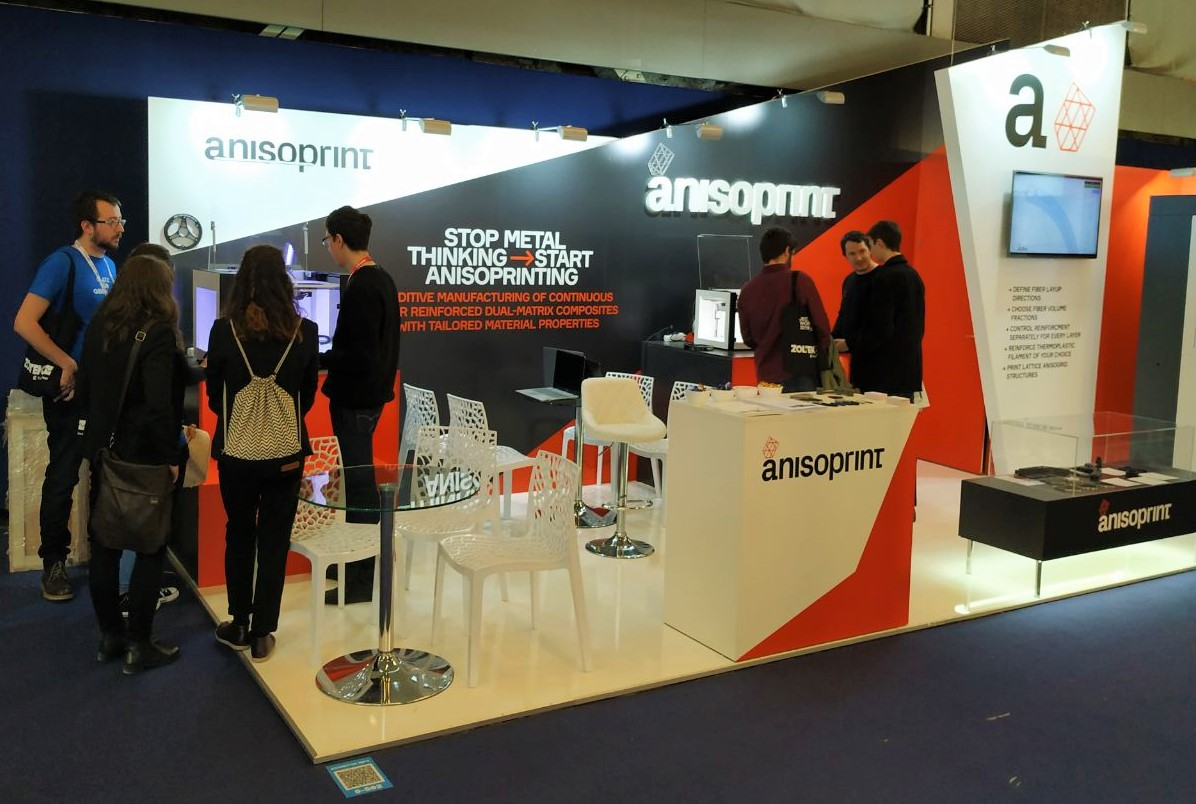
About technology, briefly
The essence of anisoprinting: 3D printing by a two-component filament, the first part of which is a matrix or base, any common thermoplastic for 3D printing, such as ABS or PLA, can be used, and the second part, the reinforcing fiber, is continuous carbon, glass or aramid fiber.
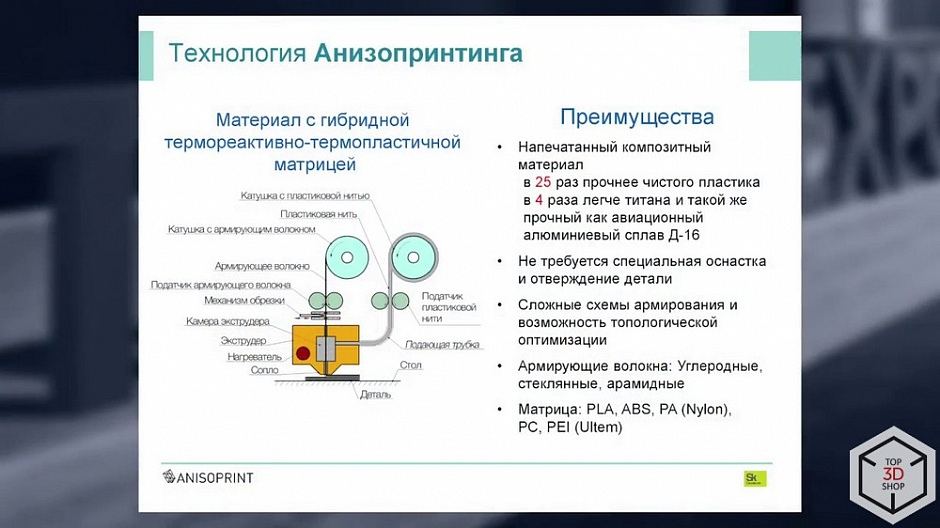
The technology allows to place the reinforcing fiber in the parts in the directions of the greatest loads, which greatly increases the strength of the printed model.
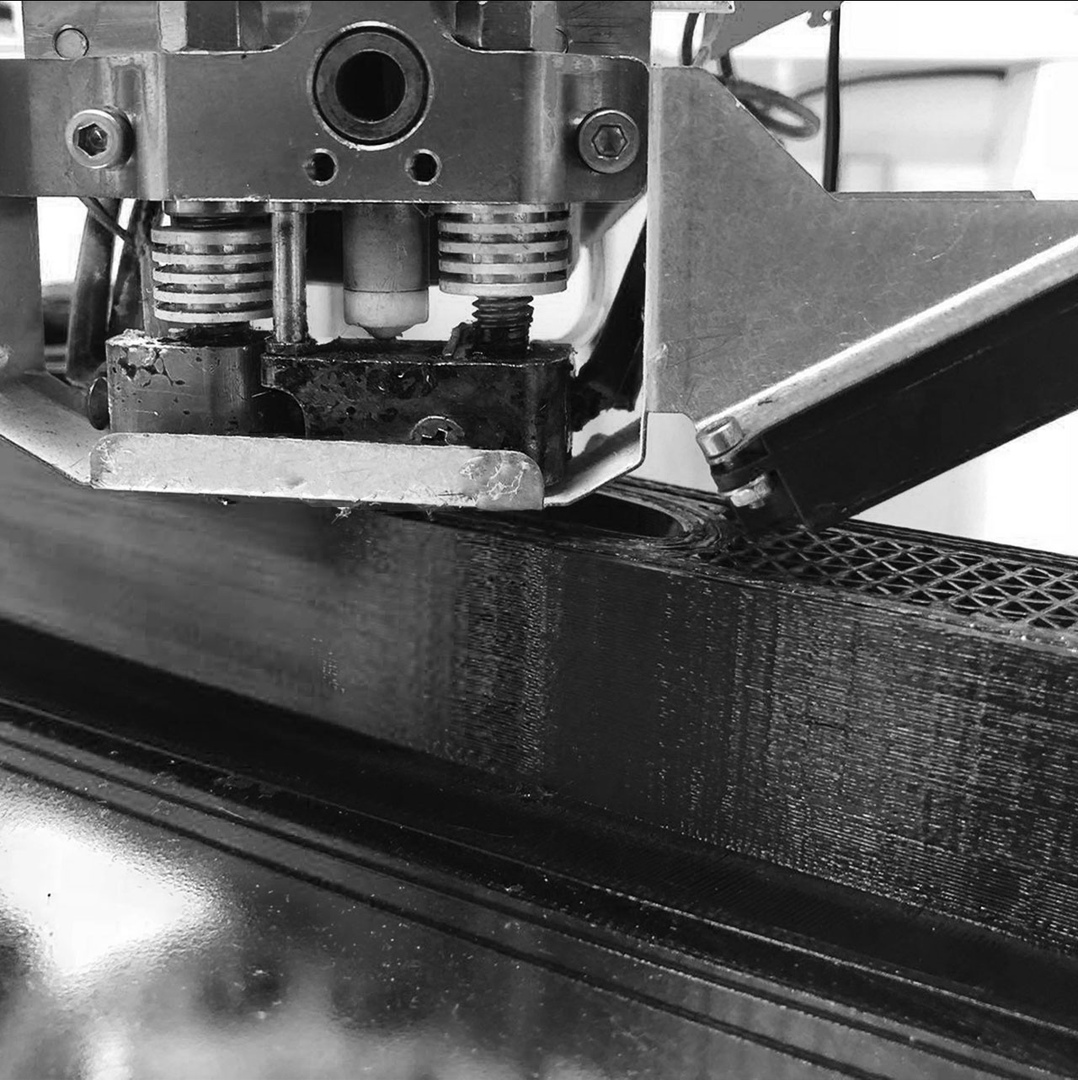
The parts produced by this technology are 25 times stronger than pure plastic, while those printed with carbon-filled filaments (plastic mixed with chopped fibers) are only twice as thick.
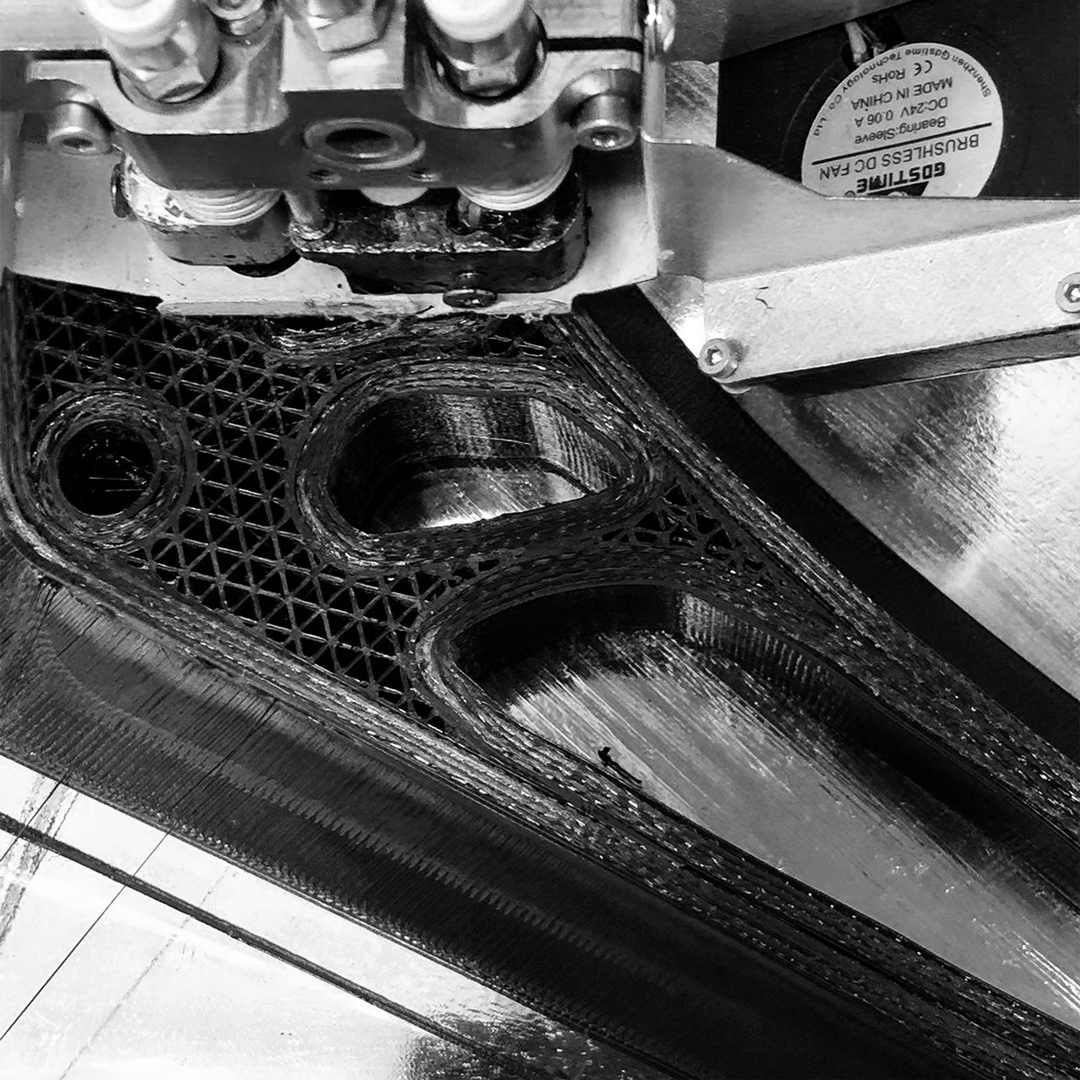
Learn more about the technology from Fedor Antonov's speech at the Top 3D Expo. Do not forget to buy a ticket , they will rise in price very soon.
Cases
Lever for disabled scuba diver
Dmitry Pavlenko is a paraatlet diver, the owner of the world record for independent diving in open water.
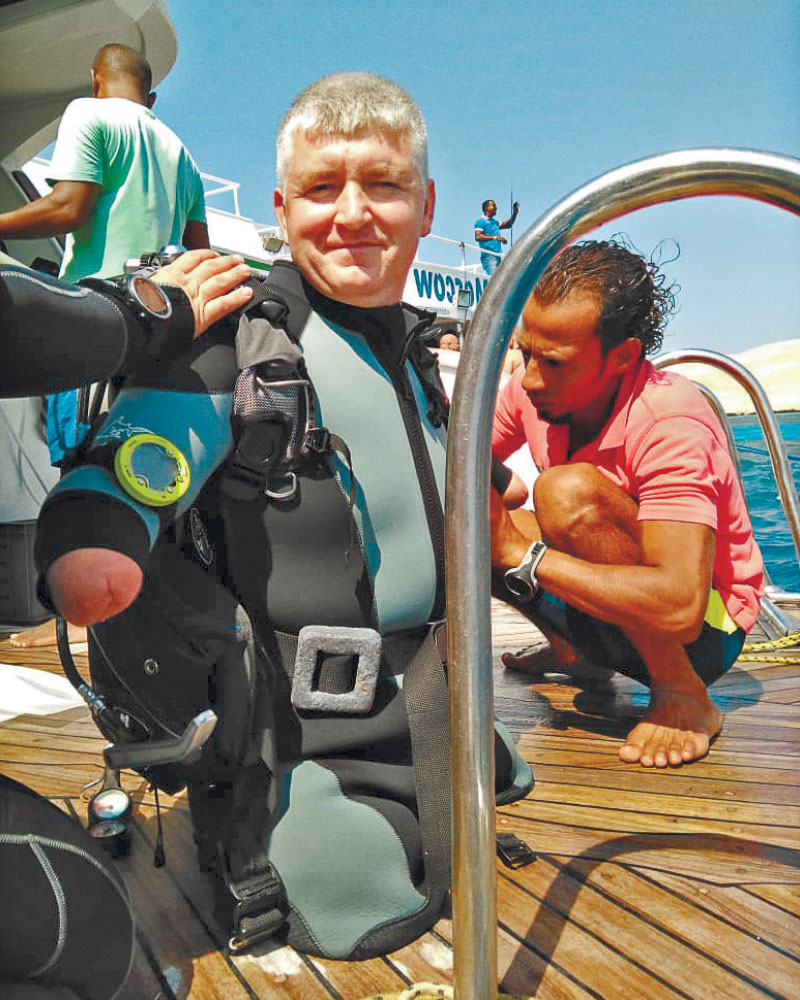
For Dmitry, it was necessary to create a system for compensating buoyancy. Part of this system was a lever for purging ballast to maintain buoyancy and maneuverability.
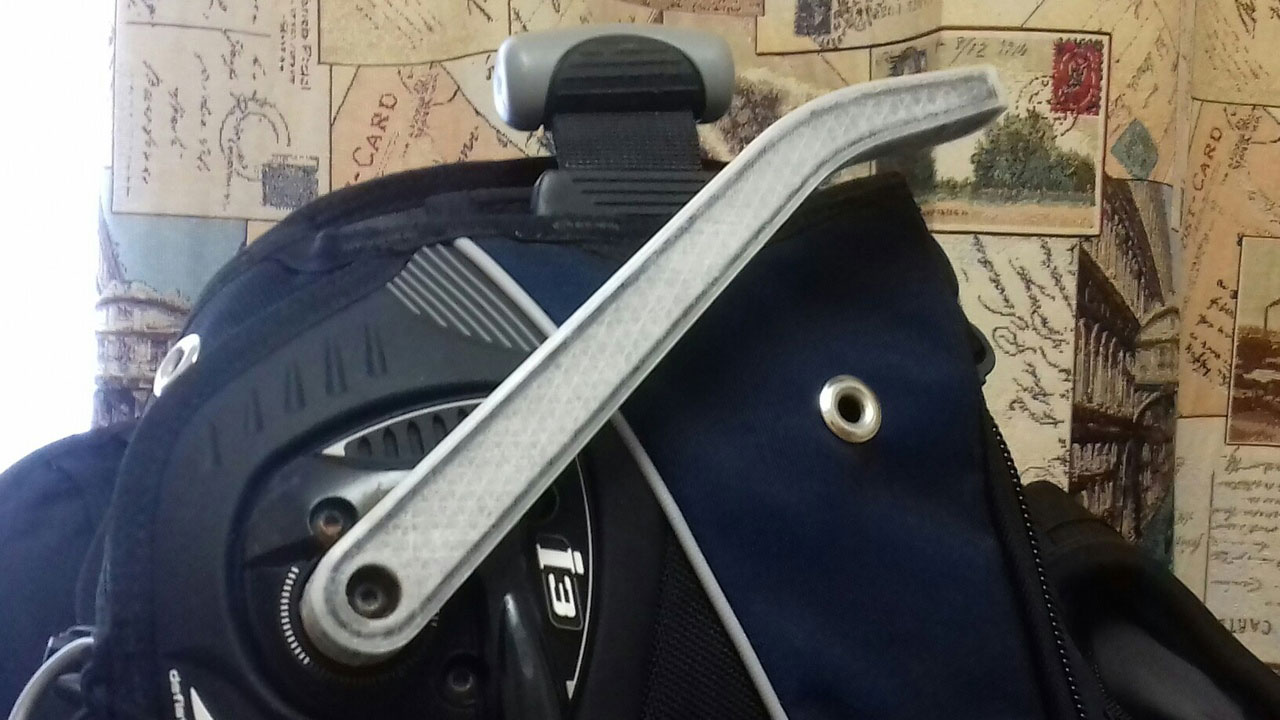
The original part, made from a steel spoon, was not particularly comfortable and broke during the 14th dive. Made by students of the Moscow Polytechnic University levers, printed from ABS, were not sufficiently durable: when lifting, they broke from strikes against the board.
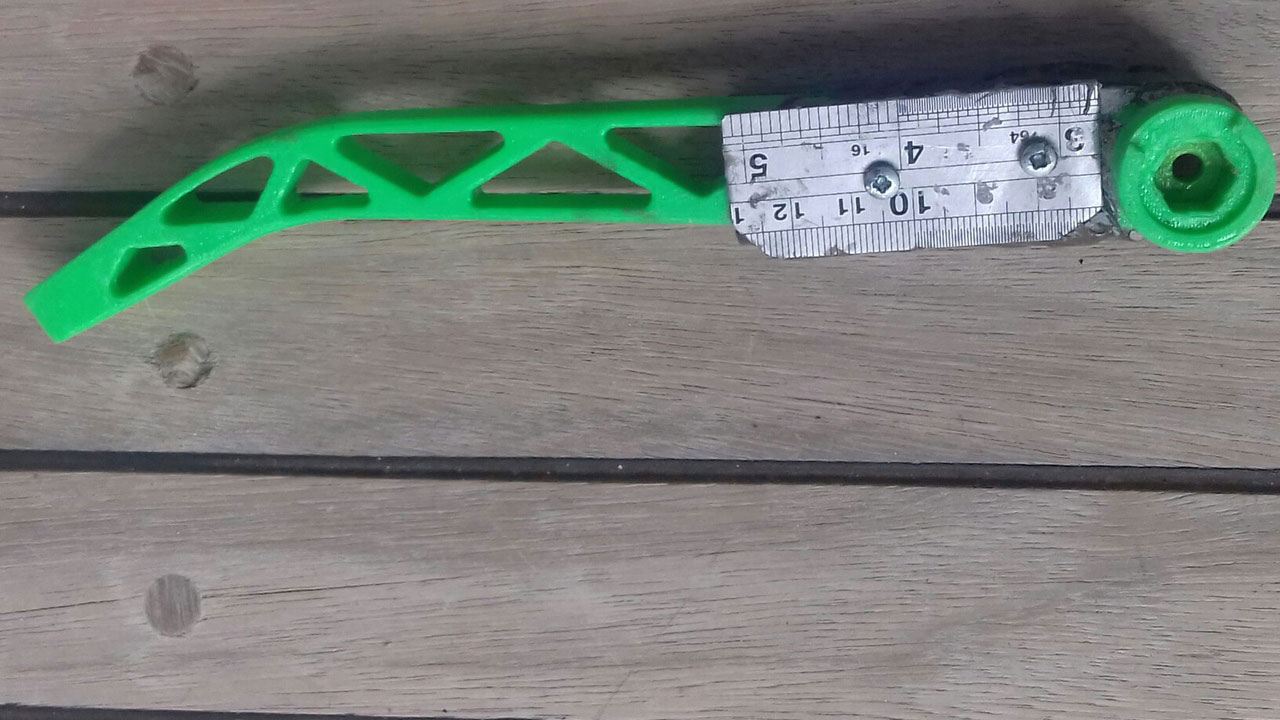
The solution was a lever printed using two-component anisoprinting technology on Anisoprint Composer 3D printer.
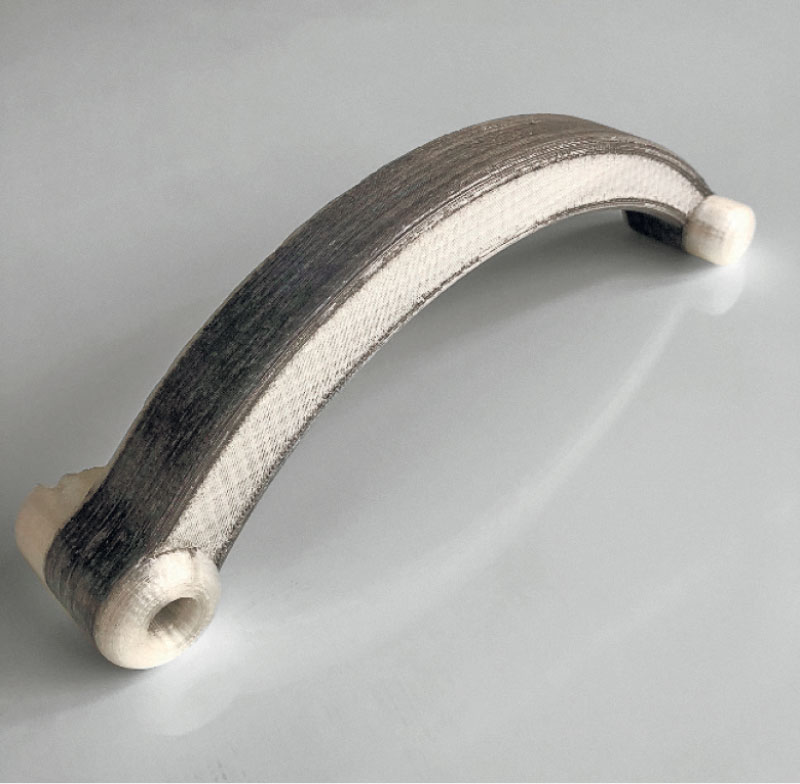
The material served as PETG with a reinforcing carbon fiber thread.
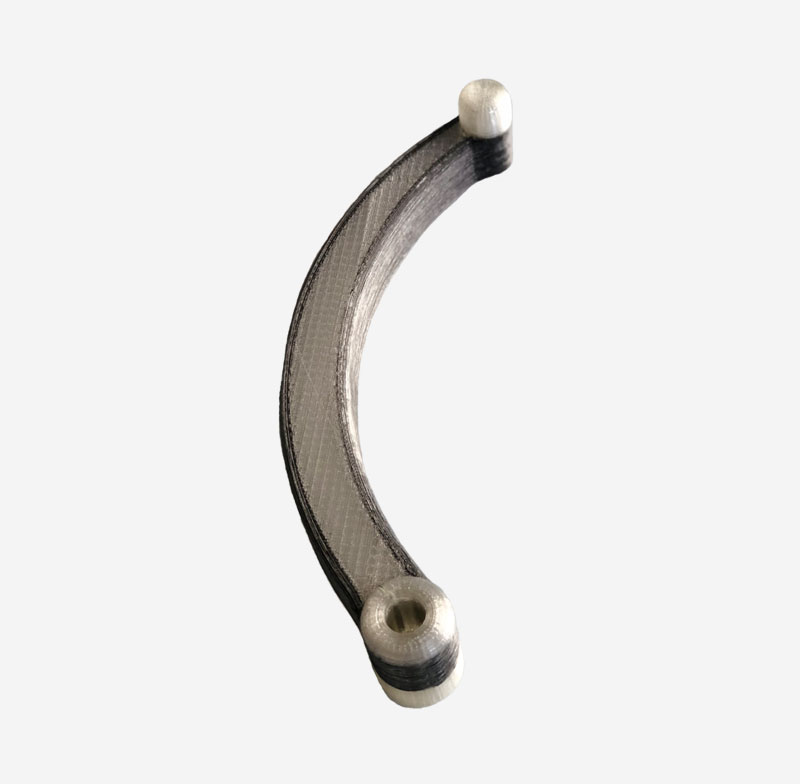
The composite lever became a part of the system that helped Dmitry Pavlenko to make an independent dive in the open sea at 40 meters, which became a world record, which was also recorded in the Russian Book of Records.
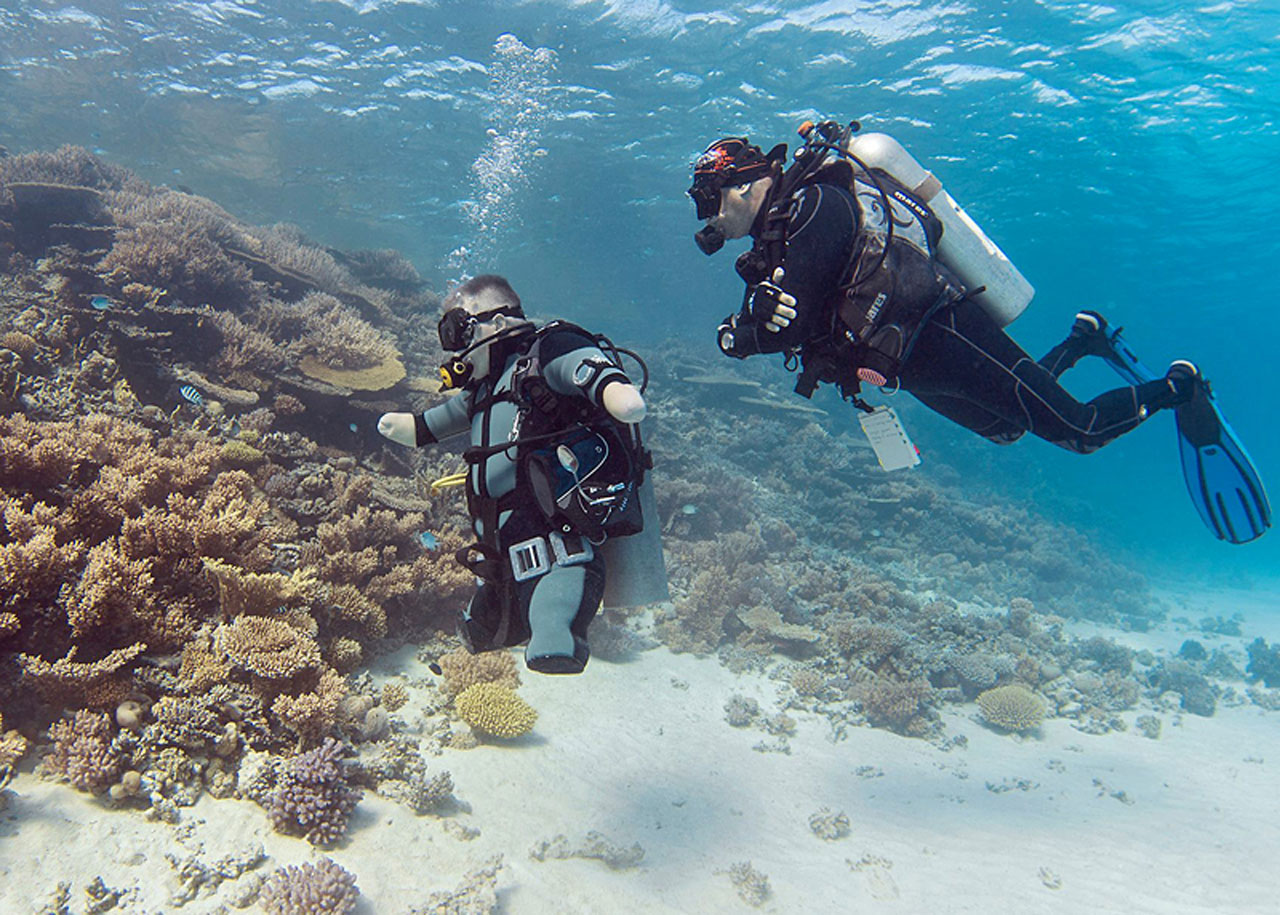
Dmitry Pavlenko:
“Composite material makes the lever more durable. In addition, it is less slippery. I use it with more confidence. I hope your lever will serve me much longer. The ABS lever had serious defects after 10 dives, and yours was intact after the same period. In my opinion, he will survive 100 dives. ”
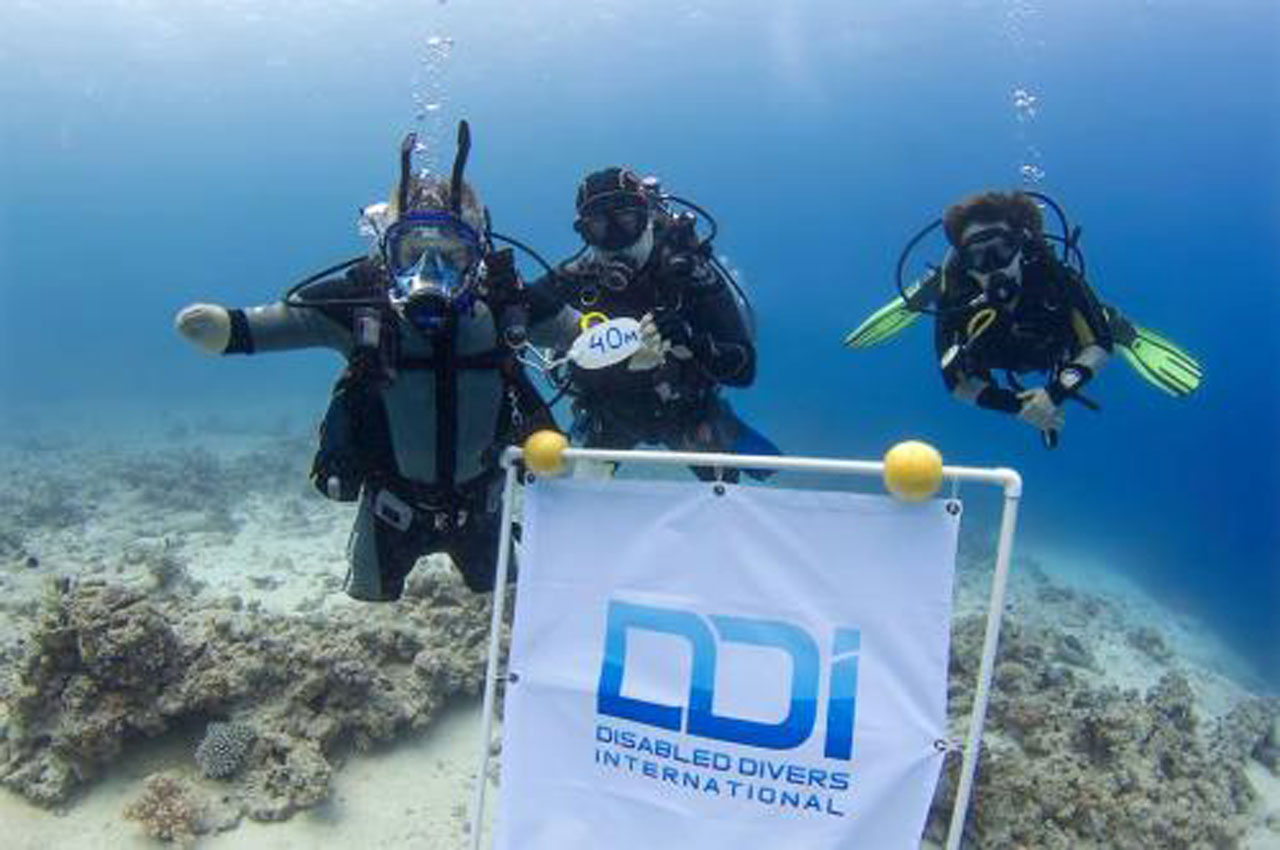
Electric wheelchair actuator mount
UNA wheel is an electric drive that can make any wheelchair motorized and give additional freedom to each user.
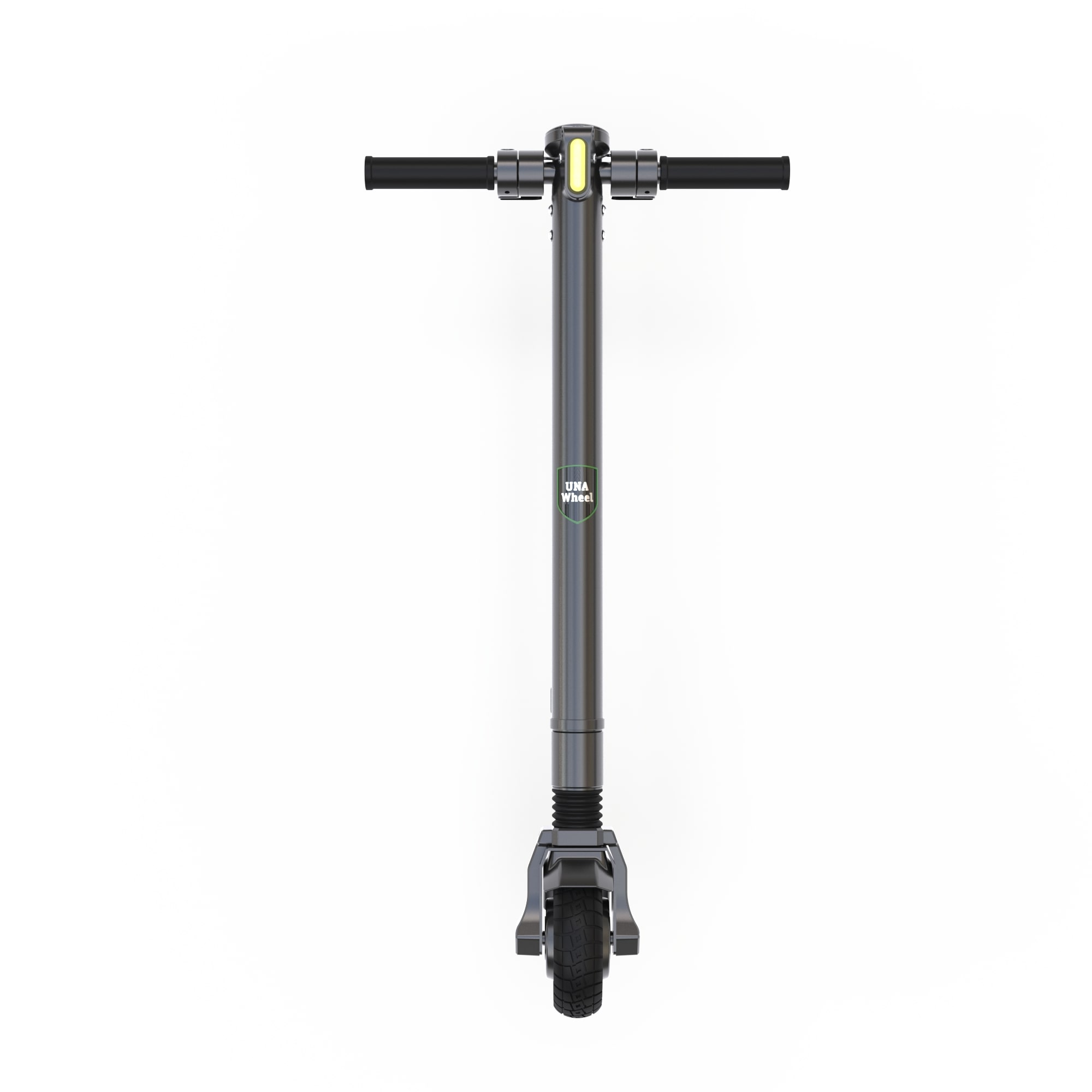
The owner of Supreme Motors, which manufactures these drives, was tasked with reducing the cost and speeding up the production of certain critical components, such as attaching the drive to the wheelchair.
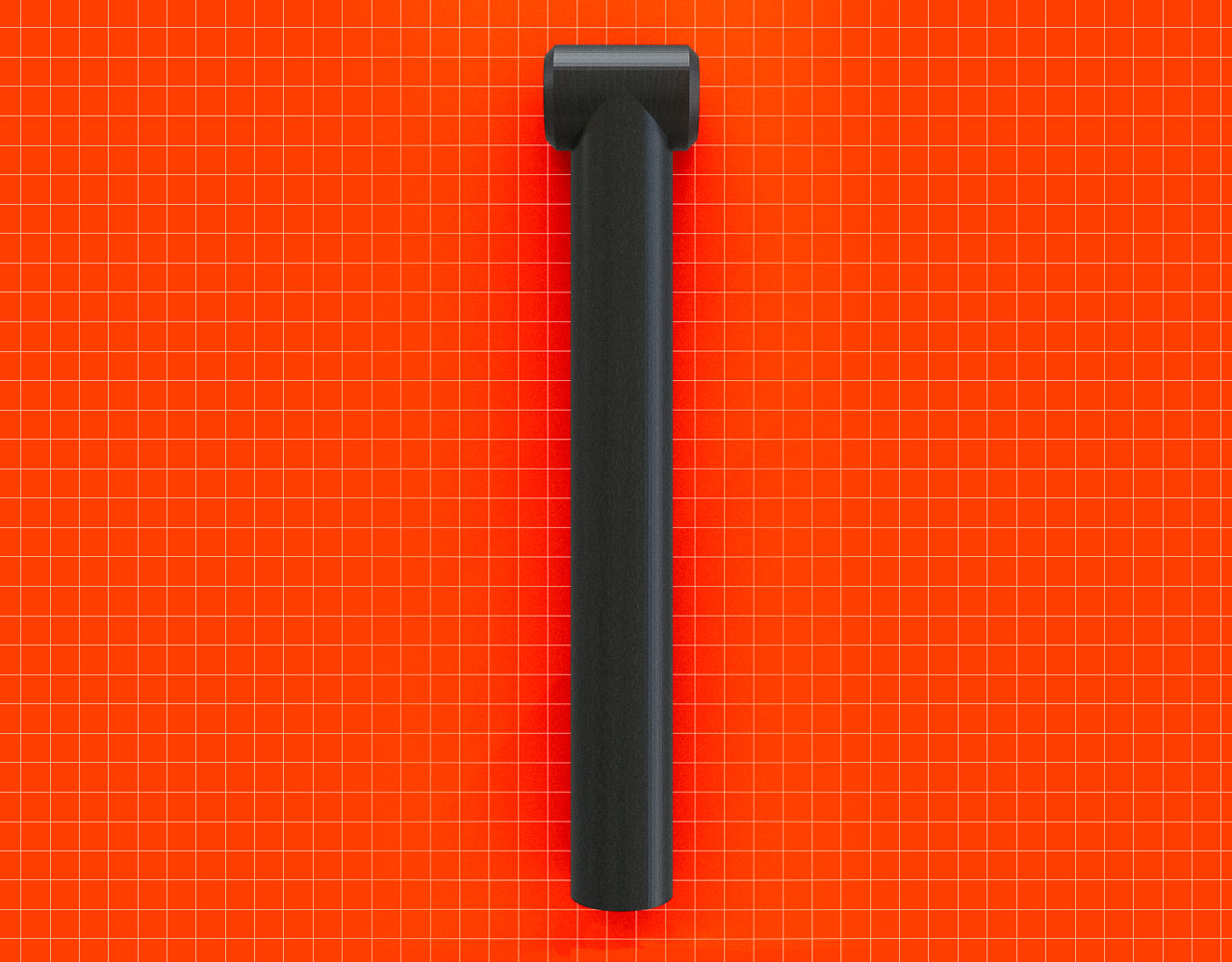
The simplest solution is to order steel pipe fittings made using laser cutting and welding. But it is too long and expensive when only a few details are needed.
The first solution was the 3D printing of parts from high-strength Ultem plastic (PEI, polyetherimide). This made the part 5 times easier, cheaper and, more importantly, allowed to make small batches using its own resources. Here are just tests for the strength of the samples failed.
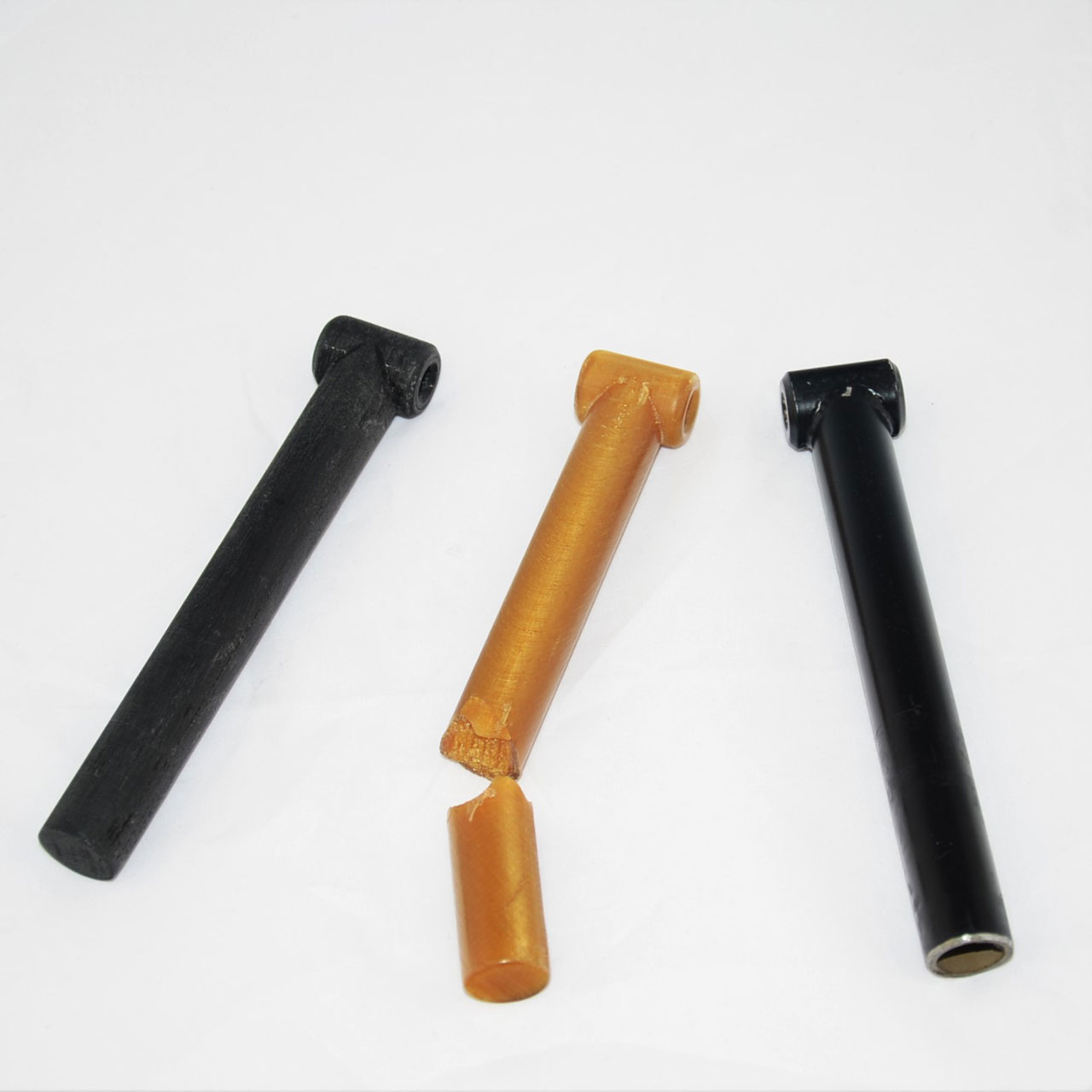
An alternative was the print on Composer A4. Printing was made of PETG with continuous carbon fiber. This detail withstood a dynamic load of 117 kg on the cobblestone pavement and off-road conditions, at the intersections of the tram tracks and other obstacles typical of urban conditions. The overall strength of the structure was confirmed by tests at critical loads: strikes the ground from a height of 40–50 cm.
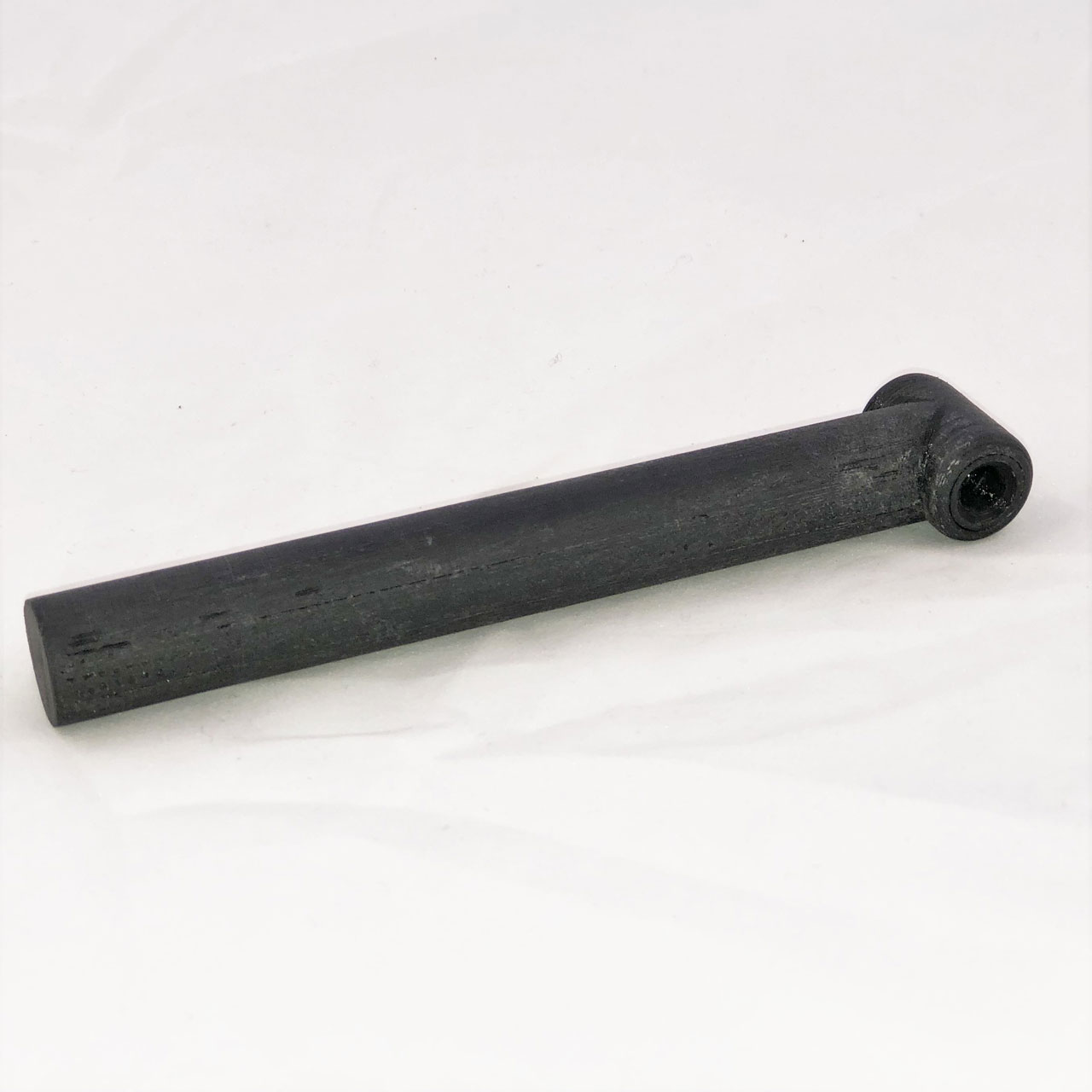
Nikolay Yudin, founder of Supreme Motors:
“Composer prints unique pieces! 7.3 times lighter, saving the functions of our prototype. Ulthu failed. Now we want to print longer parts based on nylon. ”
Thanks to anisoprinting, UNA wheel was able to focus on small-scale production without the involvement of contractors, with light, strong and functional parts that completely replaced the traditional metal counterparts.
Exhibition Materials
The videos that will be shot at the upcoming Top 3D Expo 2019 conference will be available only to Business and VIP class ticket holders.
Ticket prices and the differences between them - see the Expo site.
Hurry up to register before April 14, before the ticket prices go up.
Source: https://habr.com/ru/post/446742/
All Articles